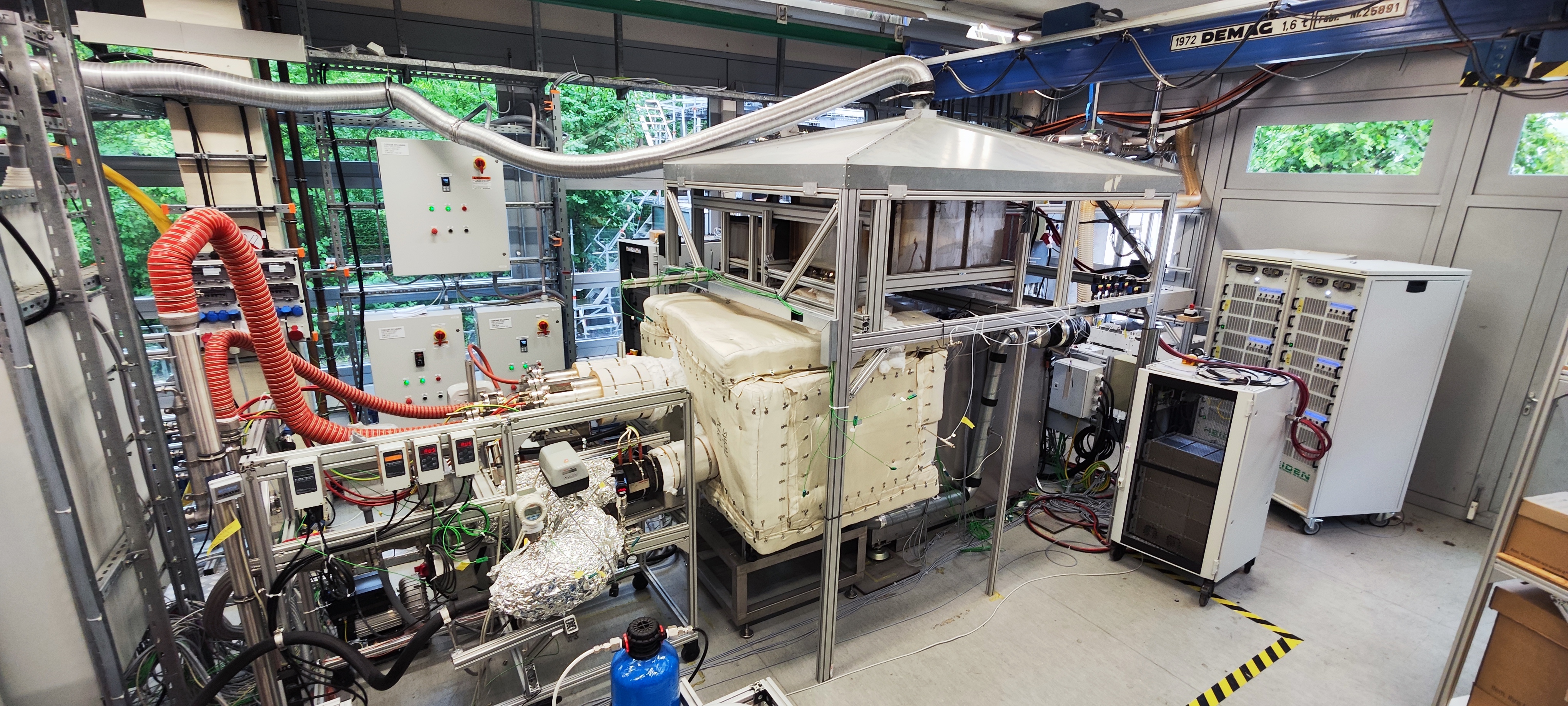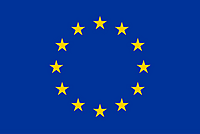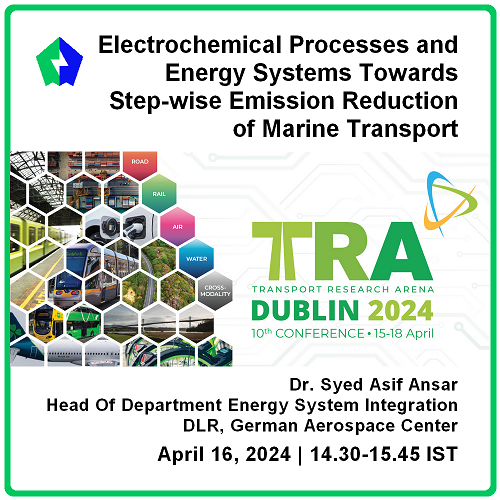Dr. Syed Asif Ansar, Head of the Department of Energy System Integration at the DLR Institute of Engineering Thermodynamics, will be presenting a poster at the Transport Research Area (TRA 2024) in Dublin, Ireland.
His poster presentation titled "Electrochemical processes and energy systems towards step-wise emission reduction of marine transport" is scheduled for April 16, 2024. The poster presentation is slotted under Poster 3.2 Zero Emissions Transport at Hall 8C - Poster Area (Simmonscourt) - Stage 2 from 14.30 to 15.45 IST. Programme (eventsair.com)
This presentation will provide a summary of the progress made over the past years in the NAUTILUS project towards reducing emissions in marine transport. The team behind the NAUTILUS project has been actively working on a pilot marine Genset. This Genset comprises a Solid Oxide Fuel Cell (SOFC) paired with a battery and is designed to complement the current Internal Combustion Engine (ICE) generators fuelled by LNG. This innovative concept allows for a gradual integration, starting with mild hybridization, moving towards balanced hybridization, and eventually culminating in the complete replacement of the ICEs.
A crucial step in the development of the NAUTILUS demonstrator involved a series of setup controls and laboratory proof-of-concept tests at the GALACTICA test stand at DLR, utilizing the 30 kWe Large Stack Module (LSM) from SolydEra and a marine certified 40 kWh Li-ion battery from Corvus, as well as an energy management system (EMS) developed by RWTH Aachen University.

Figure 1: Proof-of-concept: GALACTICA test facility at DLR with 30 kWe SOFC Large Stack Module (LSM) (SolydEra) coupled with a Li-ion battery and Energy Management Unit (EMU) (RWTH Aachen)
Currently, the team is focused on developing a 60 kW demonstrator for the Genset, which is scheduled for testing at DLR in autumn 2024. The demonstrator consists of several components: a 60 kW SOFC system delivered by SolydEra, a battery and controls container supplied by MAN, an energy management unit contributed by RWTH Aachen University and emissions measurement provided by Lund University. The ultimate aim is to create technology capable of significantly reducing CO2 emissions by at least 40% and particulate emissions by 99% to meet the IMO targets for 2030. Looking ahead, the team is exploring how the NAUTILUS Genset could be utilized with synthetic fuels to meet IMO emission targets beyond 2030.
Additionally, the NAUTILUS project advocates for blending and displacing natural gas with sustainable methane as a future fuel. This concept is based on the increasing availability of infrastructure and value chains for LNG, along with advancements in bio-methane and Power-to-Gas technologies. These advancements not only reduce costs but also mitigate financial risks associated with development of redundant technologies or wasted investments.
You are invited to learn more about the NAUTILUS project - visit Waterborne TP stand no. 6. Location
The project poster was presented at TRA 2024 Dublin

This project has received funding from the European Union’s Horizon 2020 research and innovation program under grant agreement No 861647.
Stay in touch with us!
#NAUTILUS_2020 #propulsionsystem #sustainableshipping #battery #fuelcell #cruiseships
***
⇒ Follow us on Twitter/LinkedIn to be on board.
Follow #NAUTILUS_2020
NAUTILUS is a short for Nautical Integrated Hybrid Energy System for Long-haul Cruise Ships.

This project has received funding from the European Union’s Horizon 2020 research and innovation program under grant agreement No 861647.

